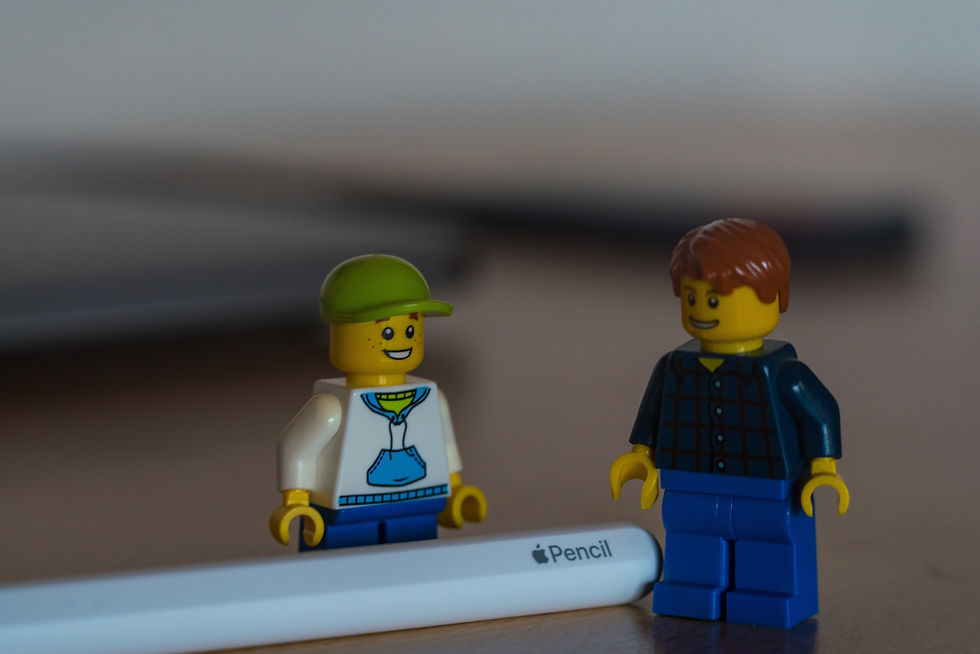The Reality of Language Learning
- WordWanderer

- Feb 26, 2024
- 3 min read
Updated: Sep 18, 2024
Learning a new language is often romanticised as a swift journey from ignorance to fluency, where one can effortlessly pick up new words and phrases like collecting seashells on a beach. However, the reality is far from this picturesque image. Learning a language, such as English, requires dedication, patience, and above all, consistent practice and immersion.
The First Steps
Many embark on the language learning journey with high hopes, armed with textbooks, apps, and language courses. They diligently memorise vocabulary lists, study grammar rules, and attempt to perfect their pronunciation. While these are essential components of language learning, they are merely the tip of the iceberg.
The Importance of Immersion
The truth is, language acquisition goes beyond rote memorization and grammatical exercises. It's about immersing oneself in the language, and surrounding oneself with it until it becomes second nature. Imagine being in a foreign country where English is spoken fluently. You're not just hearing the language; you're living and breathing it every day – from ordering coffee at a café to engaging in conversations with locals. This immersive experience is invaluable in grasping the nuances of a language and becoming proficient in it.
Building Comfort and Confidence
Moreover, becoming comfortable with a language is paramount to effective communication. It's not just about knowing the words and phrases; it's about being able to use them confidently and appropriately in different contexts.

This level of comfort only comes with practice – lots of it. Just like learning to ride a bicycle or play a musical instrument, language proficiency is achieved through repetition and exposure.
The Gradual Process
Learning a language is a gradual process, akin to building a house brick by brick. Each word learned, and each sentence constructed contributes to the foundation of linguistic proficiency. There will be moments of frustration and setbacks, but perseverance is key. Rome wasn't built in a day, and fluency in a language certainly isn't either.
Accelerating Learning
One of the most effective ways to accelerate language learning is through immersion. Surrounding oneself with the language – whether through watching movies, listening to music, or engaging in conversations with native speakers – can significantly enhance proficiency. Immersion exposes learners to colloquialisms, accents, and cultural nuances that textbooks often overlook.
Furthermore, practising speaking and listening skills is essential for language fluency. It's not enough to be able to read and write; one must also be able to comprehend spoken language and express oneself orally. This requires stepping out of one's comfort zone, making mistakes, and learning from them.
Embrace, Practice, Immerse
In today's interconnected world, proficiency in English opens doors to a myriad of opportunities – from career advancement to cultural exchange. However, mastering the language requires more than just passive learning; it demands active engagement and a willingness to immerse oneself fully in the linguistic landscape.
So, to all aspiring language learners out there, remember this: it's not about how many words you know or how perfectly you conjugate verbs; it's about embracing the language wholeheartedly, practising relentlessly, and immersing yourself in it until it becomes a part of who you are. With dedication and perseverance, fluency is within reach.
Ready to boost your English communication skills and gain confidence? Meet your "online English conversation buddy" at demitalks where you will receive personalised support in developing your conversation skills!
Check out demitalks - your English conversation buddy service.




Comments